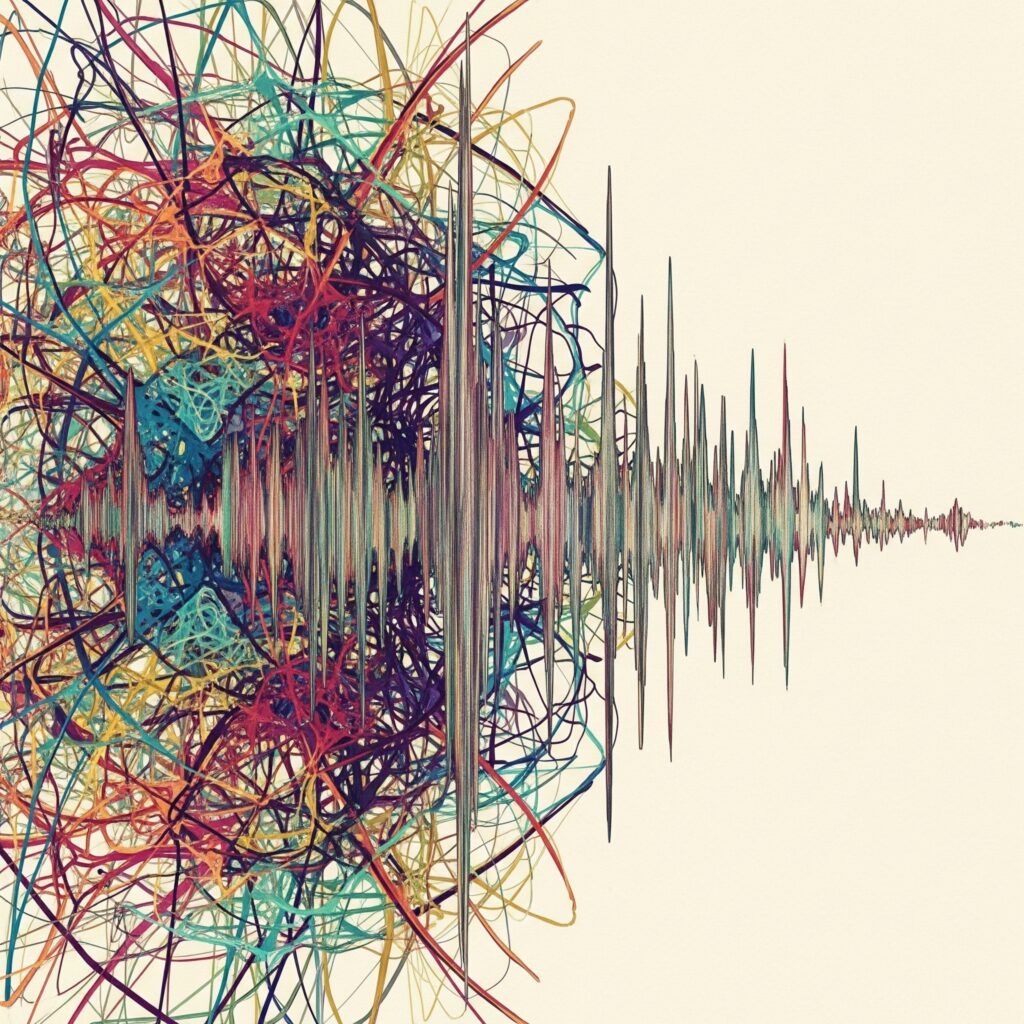Finding Calm with Sound Sensitivity
Let’s discuss a significant topic for many on the autistic spectrum, and certainly for myself: sound. More specifically, autism sound sensitivity. It’s an experience that, until one truly understands or lives it, can remain somewhat elusive to others. For me, it has been a lifelong companion, though its intensity has varied, particularly as I’ve aged and life has inevitably become more demanding in its soundscape.
I’ve always had certain sensory sensitivities – common among autistic individuals. Tactile sensations have featured, but sound has consistently been prominent. It isn’t an issue of hearing acuity; in fact, I perceive almost everything. That, in essence, is the challenge. My brain seems to register every rustle, tap, hum, and distant siren simultaneously, requiring a noticeable period to process and identify what warrants my attention. Imagine being in an orchestra where every instrument plays a different tune at full volume, while you attempt to discern the melody of a single flute.
I frequently ask people to repeat themselves, only for the meaning to become clear midway through their repetition – a classic example of delayed processing. It wasn’t until the period of widespread mask-wearing during COVID-19 that I fully appreciated how much I had been subconsciously relying on observing mouth movements to aid my comprehension of speech. It was a subtle lip-reading assistance I hadn’t even realised I was employing.
Several years ago, I genuinely suspected I might be losing my hearing. I underwent a hearing test, half-expecting to be told I needed significant intervention. The outcome? My hearing was perfectly normal. However, the audiologist did suggest the possibility of Auditory Processing Disorder (APD). This resonated deeply – the concept that the ears function correctly, but the brain’s interpretation of sound is where the difficulty lies.
Life Gets Complicated
As time progressed, life introduced a wonderful, albeit chaotic and often loud, new dimension: children. My previously quiet home, my sanctuary, transformed into a vibrant (and frequently LOUD) environment. Concurrently, my sound sensitivity appeared to intensify. The sound of a baby or toddler crying, for instance, can be profoundly, almost physically, unbearable at times; it’s a sound that feels as though it cuts directly through me.
One of my children also exhibits fascinating vocal tics and a tendency to narrate his activities. I believe it’s his particular way of being; perhaps a form of stimming, or simply a need to verbalise his experience of the world. He genuinely cannot control it and is often unaware he’s doing it, or feels an intrinsic need to do so. While I understand this, the constant, often unpredictable sounds can be incredibly unsettling for me. It can feel relentless, like an inescapable barrage. At times, it becomes overwhelming, and the sounds can trigger a sharp emotional response – not anger, but an explosive sense of being overwhelmed, similar to a circuit breaker tripping. It is, frankly, exhausting.

How to Manage Sound Sensitivity
So, what strategies can a sound-sensitive autistic parent employ? My initial approach is always to attempt to create some distance from the triggering sounds. This is, of course, easier said than done amidst the demands of parenting. However, even stepping into another room for a brief period can sometimes be sufficient to reset.
When creating distance isn’t feasible, my noise-cancelling headphones are, without question, one of my most valued possessions. They act almost like a protective shield. Good quality earplugs are also highly effective for mitigating the general cacophony of daily life. The moment I use them and the auditory stimulation lessens, it’s as if I can finally breathe properly after unknowingly holding my breath. That sudden quiet, or at least significant reduction in noise, brings an immense sense of relief.
If disruptive sounds still penetrate, or if I simply require a significant shift in mood, music serves as my escape. Immersing myself in a chosen soundtrack, even for a short while, can be incredibly regulating. It can elevate my mood, calm my internal agitation, and provide the mental space needed to continue.
I cannot fundamentally alter my sensitivity to sound; it is an inherent part of my autistic neurology. What I can do, however, and what I am continually learning to do more effectively, is to identify and implement strategies to manage it. This involves acknowledging the challenge, understanding my triggers, and having those coping tools readily available. If you are reading this and find yourself relating, please know that you are not alone in navigating this often noisy world. We are all, in our own ways, attempting to find our own means of volume control.

Leave a Reply